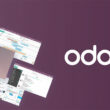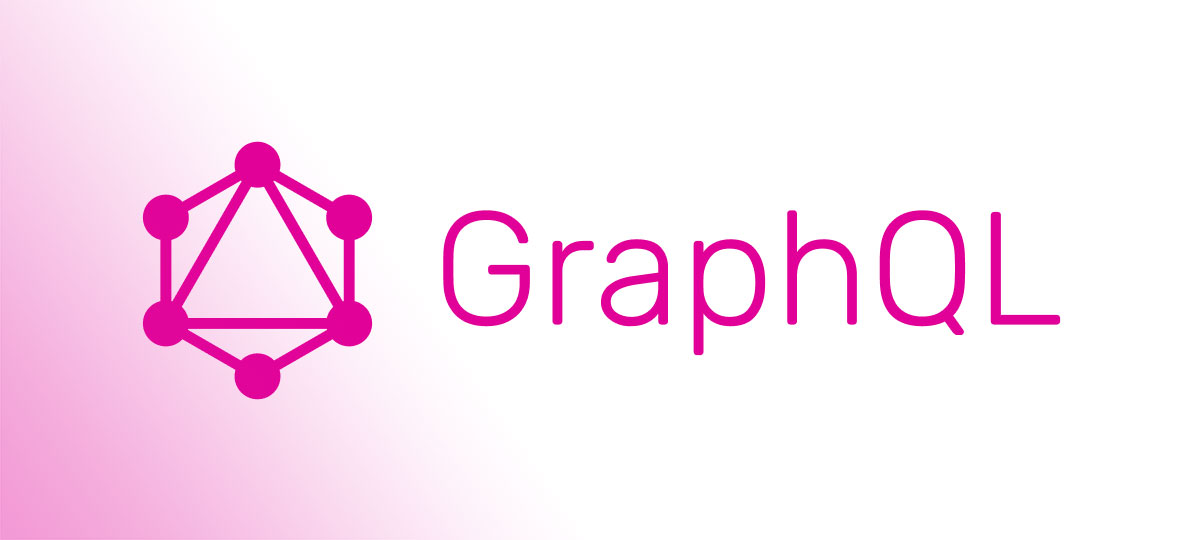Imagine the gears of the internet, a seamless mesh of data and connections. At the heart of it all lies the quest to fetch this data efficiently. GraphQL stands tall, but it’s not the sole knight in shining armor. So, you’re curious about the roads less traveled, the GraphQL alternatives?
Dive into the digital jungle, where RESTful Services and API Development meet the eye—a realm where data speaks in many tongues.
Whether you’re a veteran web whisperer or taking your first steps, understanding these paths is invaluable.
By the curtain close, you’ll navigate through this intricate maze of API Gateways, uncover hidden enclaves of Query Languages, and dissect the nuances of Data Fetching with the precision of a seasoned artisan.
Prepare to distill the essence of API Schema and Query Optimization, as we embark on this quest to unveil the mysteries beyond GraphQL.
Get ready for the blueprint to a world where Data Retrieval dances to a different beat.
GraphQL alternatives
| GraphQL Alternative | Type / Paradigm | Language / Framework | Main Use Cases | Key Features |
|---|---|---|---|---|
| RestAPI | Protocol / Style | N/A | General-purpose API for web services | Wide adoption, scalable, stateless, cacheable |
| Falcor | Library / Model | JavaScript | Efficient data fetching for web applications | JSON Graph, data model abstraction, allows better client performance |
| OData | Protocol / Standard | .NET & others | Standardized API for data querying and manipulation | Strong querying capabilities, supports REST |
| gRPC | RPC framework | Multiple languages | High-performance microservices communication | Protocol Buffers, bidirectional streaming, pluggable auth |
| Apache Thrift | RPC framework | Multiple languages | Scalable cross-language service development | Interface definition language, binary protocol, supports many languages |
| PostgREST | Server | Haskell | REST API layer over PostgreSQL databases | Automatic CRUD, role-based access control, supports REST |
| json-server | Tool | Node.js | Prototyping fake REST APIs for front-end development | Quick setup, no coding required, supports REST |
| Django REST framework | Framework | Python | Building RESTful APIs with Django | Browsable API, serialization, authentication policies |
| FastAPI | Framework | Python | Building high-performance APIs with Python, async support | Automatic Swagger/OpenAPI documentation, type validation |
| GraphQL Mesh | Library / Gateway | Node.js | Meshing existing APIs into a single GraphQL schema | Schema stitching, extendable, supports multiple data sources |
| LoopBack | Framework | Node.js | Creating APIs with built-in models for CRUD operations | Extensible, integration with front-end frameworks, supports REST and GraphQL |
| Feathers | Framework | Node.js | Building real-time applications and REST APIs | Service-oriented, plugin system, supports multiple databases |
| Hasura | Engine / Server | Haskell | Instant GraphQL API for databases | Real-time APIs, supports GraphQL and REST, easy setup |
| Strapi | Headless CMS | Node.js | API generation for content-heavy applications | Plugin architecture, Admin panel, API customization |
| Mercurius | Library | Node.js | Adding GraphQL support for Fastify-based applications | Schema aggregation, federation support, GraphQL JIT |
| Prisma | ORM / Query builder | TypeScript, Node.js | Accessing & managing databases in TypeScript & Node.js applications | Auto-generated queries, migration system, type-safe client |
| Apollo Server | Server | JavaScript | Building self-documenting GraphQL APIs | Schema federation, caching, integrations with data sources |
RestAPI
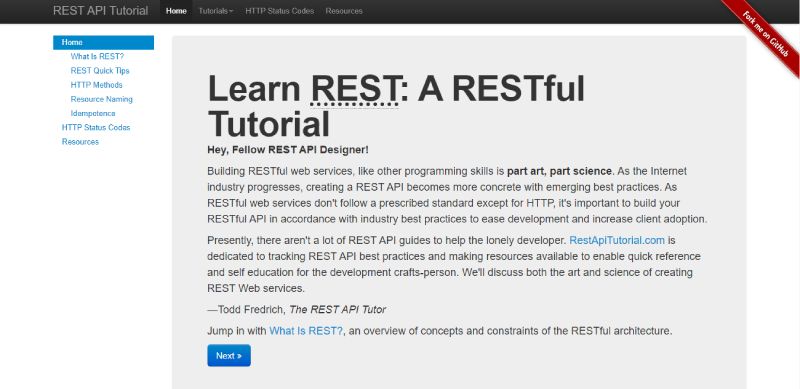
RestAPI is like the veteran artist of the web, drawing out resources with established finesse using straightforward HTTP methods. It’s classic, simple, and wildly supported, making it ideal for those who value tradition and widespread compatibility in their tech stack.
Best Features:
- Simplicity and ubiquity
- Statelessness for scalability
- Straightforward resource identification through URLs
What we like about it: RestAPI’s ability to use standard HTTP features to manage data is like having a universal remote for web services—you just get it, and it works.
Falcor
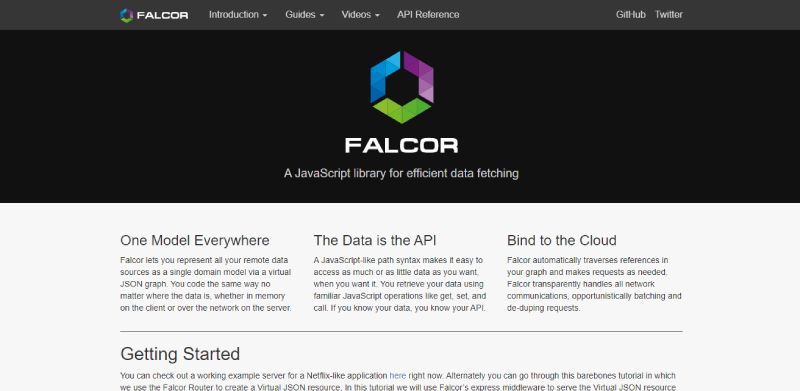
Falcor operates like a personal librarian for your data, fetching exactly what you need and nothing more. It creates an efficient path between your app and your JSON Graph, cleverly combining calls to avoid data over-fetching.
Best Features:
- Efficient data fetching
- Single model for the entire app
- Capable of handling complex query models
What we like about it: Falcor’s model retrieval is a seamless magic act, ensuring minimal load and a smooth performance tailored for modern apps.
OData
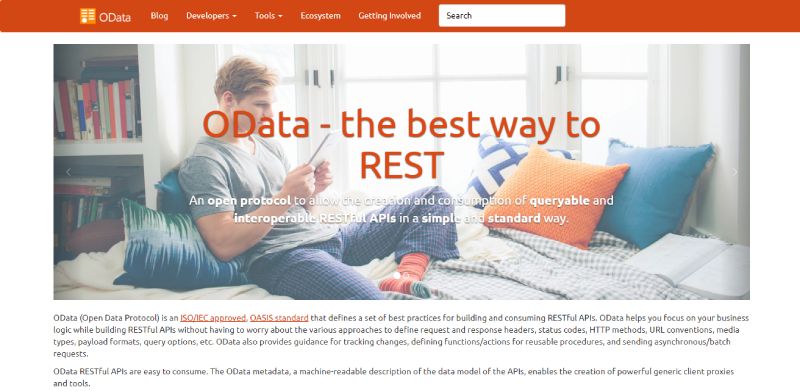
OData stands out as the architect, structuring data queries with a standardized protocol. It’s like speaking the Queen’s English of APIs—formal, understood, and with a touch of elegance for those Data Management aficionados.
Best Features:
- Standardized protocol
- Rich query capabilities
- Integration with a variety of data sources
What we like about it: The power of OData lies in its ability to mold to sophisticated query demands, offering a versatile, universal querying language.
gRPC
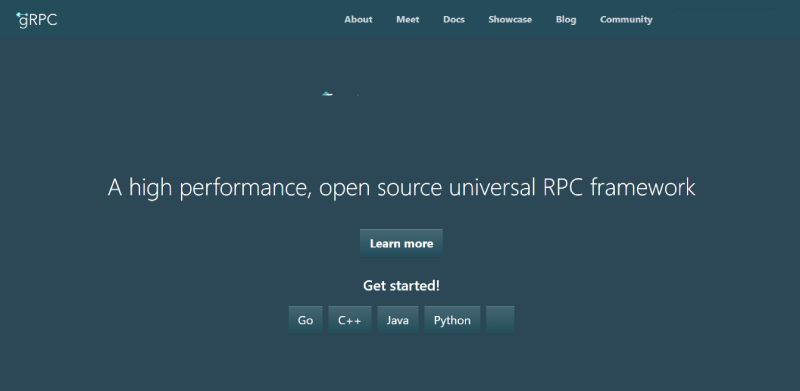
gRPC rushes into the scene like a high-speed train, streaming RPC calls with a gusto that’s built for performance. Its use of HTTP/2 and Protocol Buffers equals communication without the lag, perfect for engineers who like speed.
Best Features:
- High-performance RPC framework
- Support for bi-directional streaming
- Efficient serialization with Protobuf
What we like about it: The sleek framework and lightning-fast communication make gRPC an obvious choice for high-load systems. It’s all speed, precision, and no fluff.
Apache Thrift
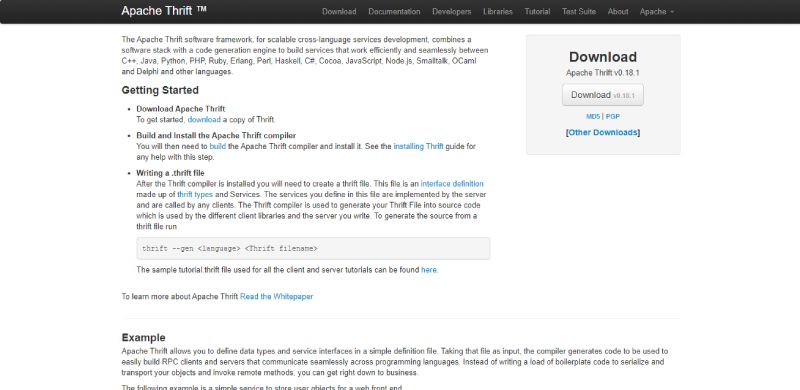
Apache Thrift combines the prowess of a language polyglot with the might of an RPC framework. Craft seamless service communication with support for a multitude of programming languages. It’s flexible but with a structured backbone.
Best Features:
- Cross-language service definition
- Compact binary protocol
- Scalable services architecture
What we like about it: The versatility! Apache Thrift speaks multiple coding tongues, meaning it integrates into diverse tech ecosystems with ease.
PostgREST
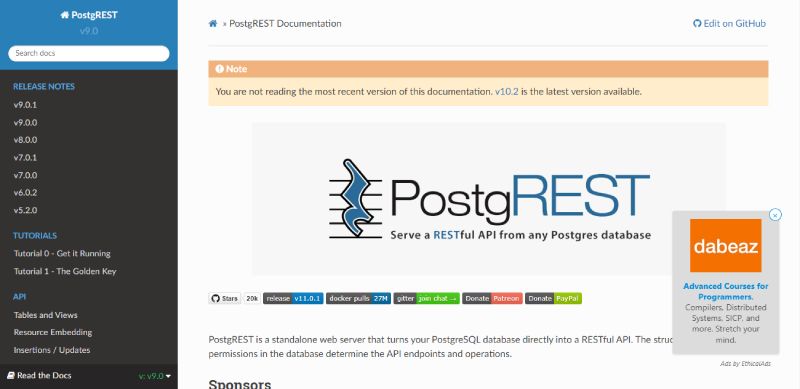
PostgREST is like the David to the Goliath, turning your PostgreSQL database into a slick RESTful API. Just point it at your schema, and voila, your database is now talking web with minimal fuss.
Best Features:
- Auto-generated APIs from PostgreSQL
- Role-based access controls
- Efficient use of database resources
What we like about it: The simplicity of generating an API directly from a database schema is where PostgREST shines. It’s all simplicity and auto-magic.
json-server
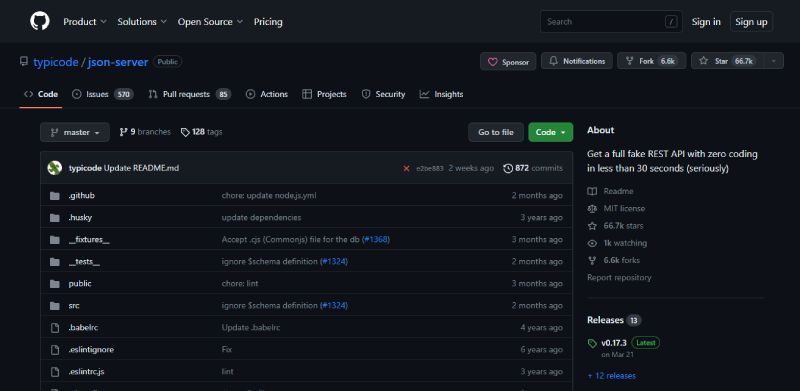
Imagine a toy model of your dream car—json-server is that, but for APIs. It sets up a Fake REST API with JSON data in a heartbeat, ideal for prototyping or light local testing. No heavy lifting required, just good, clean fun.
Best Features:
- Zero-coding API mock-up
- Customizable routes and responses
- Low setup time
What we like about it: How quickly you can spin up a mock API. With json-server, you can focus on the front end without waiting for the back end to catch up.
Django REST framework
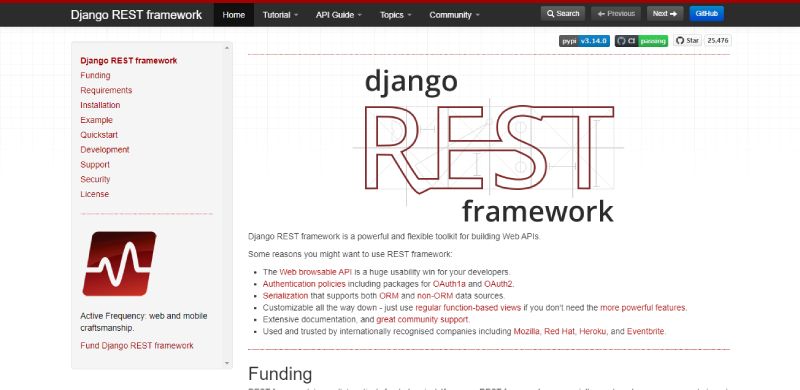
A favorite tool in the shed, the Django REST framework extends the elegance of Django to APIs with grace. It’s for those who want a blend of rapid development and clean, logical design—keeping it Pythonic.
Best Features:
- Full Django integration
- Browsable API endpoints
- Extensible and versatile
What we like about it: The browsable API wins hearts—you can view and interact with your API directly from the browser, making development just a bit more delightful.
FastAPI
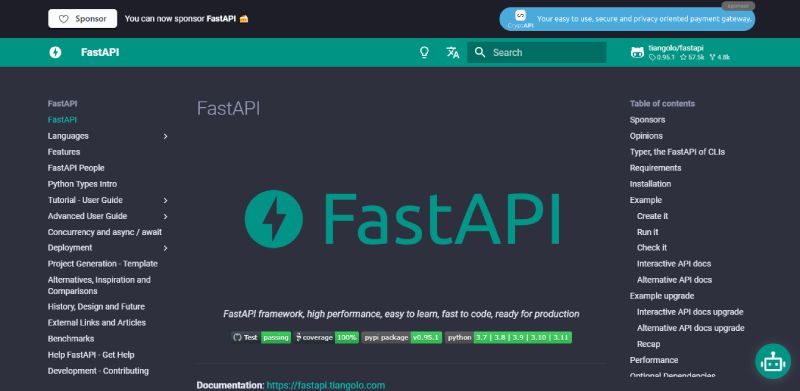
FastAPI bolts onto the scene bringing modern Python features like type hinting into the spotlight. It’s all about speed, performance, and intuitive design, letting you create APIs like you’re sketching on the back of a napkin—quick and precise.
Best Features:
- Automatic data validation
- Asynchronous request handling
- Built-in Swagger UI
What we like about it: The speed is in the name, and it delivers. FastAPI’s fast-paced yet robust approach to API creation sets a new benchmark.
GraphQL Mesh
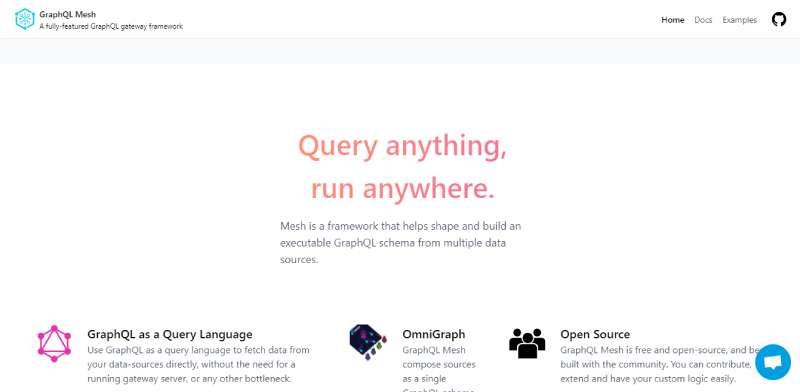
Meshing the world like a digital artisan, GraphQL Mesh allows you to harmonize disparate API Endpoints into a unified GraphQL schema. It’s like having an orchestra conductor unifying a diverse data symphony.
Best Features:
- Integration of multiple data sources
- Custom resolvers and schema stitching
- Extensible transformation plugins
What we like about it: It’s the bridge-builder—connecting different services and APIs under one GraphQL roof—making data retrieval cool and collected.
LoopBack
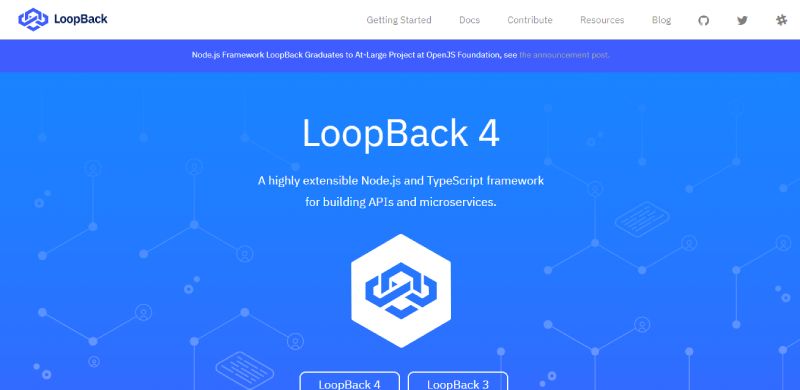
LoopBack kits you out with an open-ended track, letting your APIs run wild and free while still hitting all the right notes. It’s Node.js driven and comes with a dynamic CLI tool for a developer’s dream.
Best Features:
- Flexible Node.js framework
- Built-in model-relation support
- StrongLoop Arc for API management
What we like about it: LoopBack’s model-driven API construction means less grunt work and more creation. It’s developer freedom with a solid grounding.
Feathers
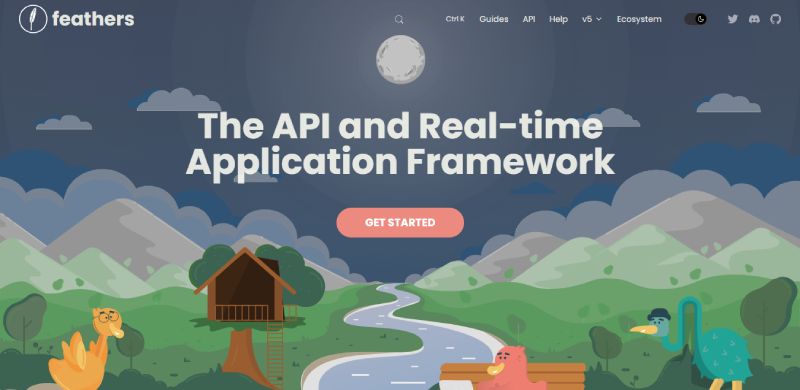
Feathers provide the gentle touch of simplicity in building Real-time APIs and RESTful services. This lightweight web framework is known for its speed and restful warmth, making data interactions as cozy as your favorite armchair.
Best Features:
- Real-time event-driven architecture
- Highly modular “plugin” system
- Wide database support
What we like about it: It turns real-time functionalities into a walk in the park. Feathers boast a seamless experience for building interactive, live applications.
Hasura
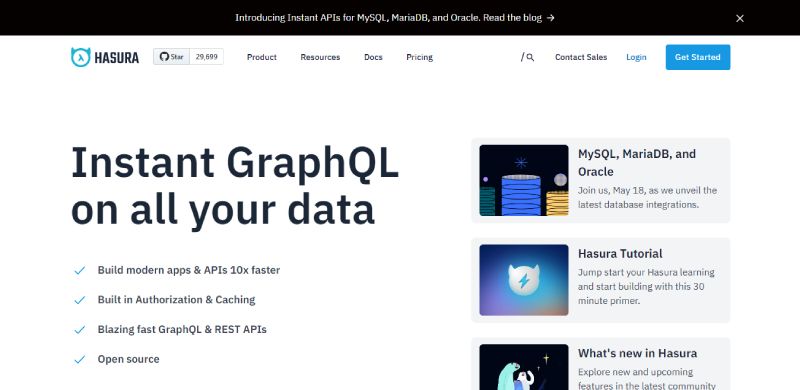
Hasura is the data maestro, conducting your GraphQL queries to your existing databases with authoritative ease. Right out of the gate, you have a powerful, instant GraphQL API with fine-grained access controls.
Best Features:
- Instant GraphQL setup for PostgreSQL
- Real-time data sync
- Advanced security features
What we like about it: The power to skip the bridge and dive straight into GraphQL’s promise of efficiency is what sets Hasura apart. It accelerates development to warp speed.
Strapi
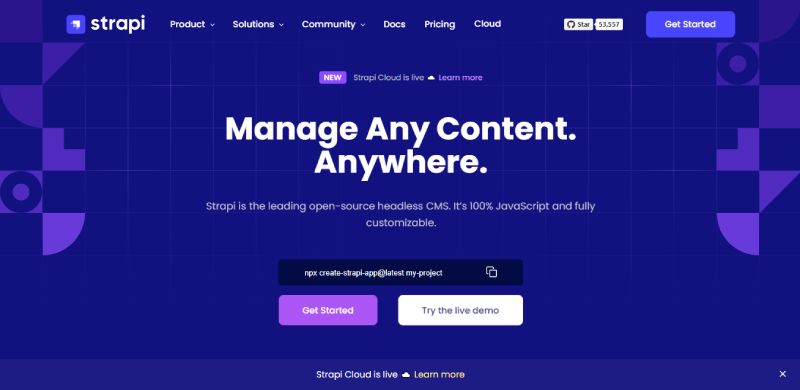
Strapi paints the town open source as a headless CMS with a towering presence. It’s a canvas ripe for the creational, handing you an API Gateway for all your content needs, customizable down to the last brushstroke.
Best Features:
- Headless architecture for maximum flexibility
- Auto-generated REST or GraphQL APIs
- Easy content management
What we like about it: It’s the malleability to sculpt a CMS to your wishes. Strapi lets you build with the freedom of open-source alongside modern API capabilities.
Mercurius
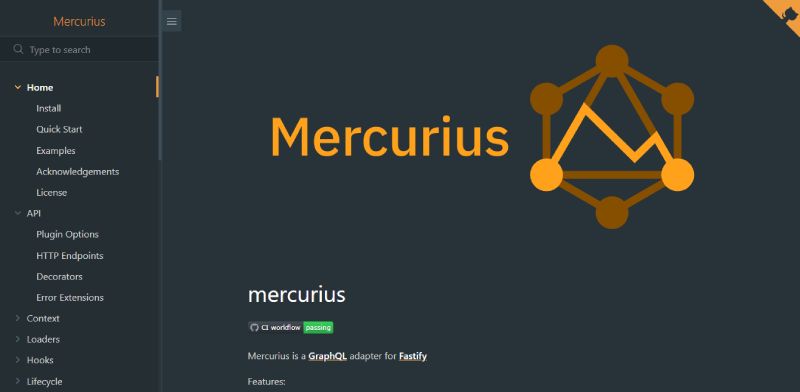
Mercurius dashes in with the promise of transforming your existing APIs into a GraphQL gateway. It’s like the alchemist that turns lead pencils into digital gold, all within the familiar territory of Node.js.
Best Features:
- Integration with Fastify for performance
- Schema federation
- Built-in GraphQL subscription support
What we like about it: The blend of performance and GraphQL magic—Mercurius takes your projects into a realm where APIs are more than just endpoints; they’re experiences.
Prisma
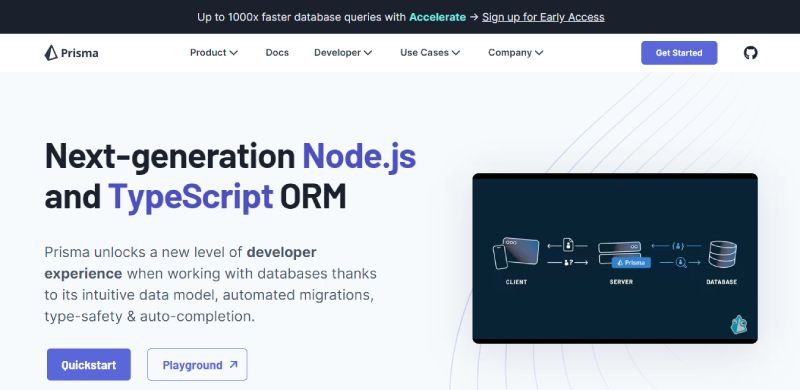
The craftsman’s database toolkit, Prisma forms the backbone of your Data Management with a robust ORM. It’s perfect for shaping queries and migrations with precision, efficiency, and a modern toolset—like the lathe of the database world.
Best Features:
- Strong typing with TypeScript
- Auto-generated database client
- Visual data management with Prisma Studio
What we like about it: The robustness seen in Prisma is akin to having an exoskeleton for your database workflows. It’s a suite that supports developers at every step.
Apollo Server
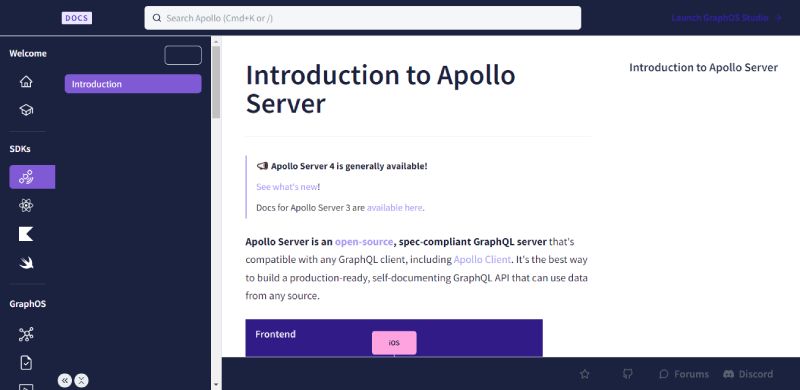
Apollo Server shoots for the stars, contributing to the GraphQL universe with its stellar implementation. It provides a supercharged connection between your data and the wonders of GraphQL, all while keeping details like API Integration and performance in check.
Best Features:
- Detailed GraphQL API creation
- Compatibility with any GraphQL client
- Rich set of features for data fetching
What we like about it: Apollo Server’s standout trait is the ecosystem—it’s like having an API GPS, guiding every query to its destination with exploratory precision and scalability.
FAQ on graphQL alternatives
What’s the big deal with REST and how’s it different from GraphQL?
Rest isn’t just a stop along the way; it’s a matured, well-walked path for APIs. Here, it’s all about resources, URLs representing each part of your data. It’s simple, ubiquitous, a go-to for devs who like the old-school “one size fits all” approach.
Can I find a one-stop-shop with API Gateways as an alternative?
Absolutely, API Gateways are your digital crossroads. They’re handy when you’re managing a bunch of different APIs or protocols. They’re like traffic controllers, ensuring every data packet hits the right endpoint, especially in a microservices setup.
Are there simpler methods than GraphQL for small projects?
For sure. A simple JSON API, where you chuck data over and back with minimal fuss, perfect for small-scale web projects. No need to over-engineer when a swiss-army knife will do.
How do microservices fit into this GraphQL alternative chatter?
Microservices are like bees in an apiary, each one playing its part. They’re independent, thriving on the autonomy that lets them scale, update, and buzz about without tripping over each other. An ecosystem where REST or gRPC might be a better fit than GraphQL.
What’s this I hear about gRPC and Protobuf?
gRPC, it’s like someone took the postman and gave him a jetpack. It’s all about efficiency, sending procedure calls across servers like lightning. And with Protobuf? That’s the code that’s as sleek as a seal. Smaller, faster, and smarter to serialize your data.
Is there room for WebSockets in the conversation?
You bet! WebSockets keep the conversation going, no need to hang up after each call. Real-time data exchange, it’s the equivalent of a non-stop digital chat room, useful when you want live updates without asking over and over.
OData vs GraphQL: What’s the scoop?
OData’s got that organized flair, a way to query data with a standardized language and a sharp SQL-like vibe. It’s great when you want to stick to a solid protocol while fetching your data.
Why would I use SOAP over GraphQL?
SOAP’s like the deluxe package of web communication, loaded with standards and formalities. It’s heavyweight, sure, but it comes with all the trimmings – security, transactions, and the like. It’s the formal coat and tie to GraphQL’s smart casual.
How does API Security play out with GraphQL alternatives?
With no single sheriff in town, security’s a custom job. REST, SOAP, or gRPC, each has its own fortress designs. OAuth for tokens, API Gateways for strict access, it’s about finding that sweet spot between lockdown and usability.
Are GraphQL alternatives better at handling file uploads?
File uploads, sometimes they’re the wild west. REST and others handle them without breaking a sweat, offering a straightforward approach. No complex queries, just a direct line from point A to point B, keeping things clear and manageable.
Ending thoughts
So we’ve journeyed through the landscape where GraphQL alternatives flourish. It’s like discovering hidden paths in a familiar forest. From the structured yet expansive horizons of RESTful services, to the micro level precision of gRPC, and the organized realms of OData — each presents a different flavor, a unique way to tackle the data dance.
Remember, whether it’s for a small project craving simplicity or a massive system demanding robust API Security, the alternatives have got you covered. They’re the unsung heroes, each with its own superpower to handle data fetching, real-time APIs, and even file uploads.
The takeaway? Embrace the diversity, let each project’s nature guide you towards choosing the right tool from the shed. Just like picking the perfect brush for a canvas, choosing between GraphQL and its alternatives can paint the masterpiece that is your web app.
And hey, don’t forget to secure it all with API Gateways and touch it up with Query Optimization. Keep crafting, keep discovering, and may your data flow be ever seamless.
If you liked this article about GraphQL alternatives, you should check out this article about Hadoop alternatives.
There are also similar articles discussing Next.js alternatives, Bootstrap alternatives, React alternatives, and Java alternatives.
And let’s not forget about articles on JavaScript alternatives, jQuery alternatives, Django alternatives, and Python alternatives.
- Benefits of Working with a Professional Web Development Company For Your Website - April 29, 2024
- What’s Odoo ERP And How To Integrate It - April 29, 2024
- Design Collaboratively: UX/UI Apps Like Figma - April 28, 2024


